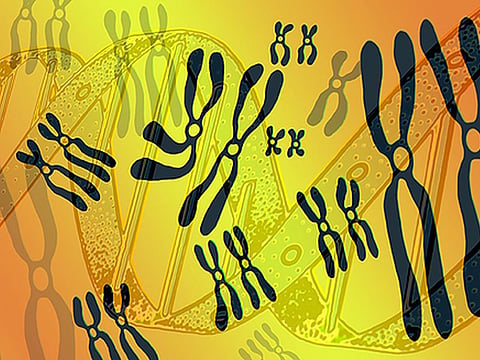THURSDAY, Oct. 26, 2017 (HealthDay News) -- Direct-to-consumer genetic testing raises unique concerns and considerations, according to a committee opinion published online Oct. 24 in Obstetrics & Gynecology.
Britton Rink, M.D., and colleagues, in collaboration with the American College of Obstetricians and Gynecologists' Committee on Genetics, discussed direct-to-consumer genetic testing. The authors note that many genetic companies have started marketing directly to consumers and that direct-to-consumer testing raises unique concerns and considerations, including lack of knowledge among patients and health care providers about available tests, difficulty in interpretation of test results, lack of oversight of companies offering genetic testing, and issues relating to privacy and confidentiality.
The authors write that an obstetrician-gynecologist or other health care provider with knowledge of genetics should be involved in ordering and interpreting results of any genetic test with medical implications because of the complexities involved. When test results from direct-to-consumer genomic testing that assess the risk of specific diseases are presented to a health care provider, the patient should be referred to a health care provider who is skilled in risk assessment for the diseases of interest as well as in the interpretation of these results in the context of relevant medical and family history.
"Because of these considerations and in view of the fact that the interpretation of the results requires specific training and medical knowledge, direct-to-consumer genetic testing should be discouraged because of the potential harm of a misinterpreted or inaccurate result," the authors write.
Abstract/Full Text (subscription or payment may be required)


